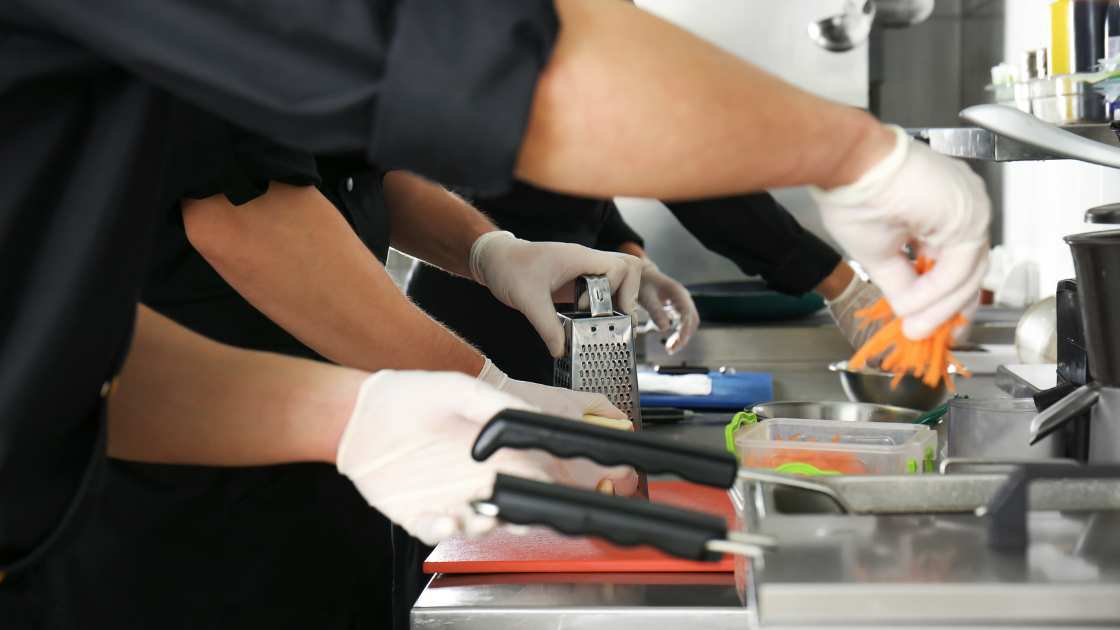Embarking on the journey of job interviews can be both exhilarating and nerve-wracking. Among the many hurdles to clear is the infamous question: “What are your weaknesses?” It’s a tricky inquiry that often catches candidates off guard. However, it’s also a golden opportunity to demonstrate self-awareness, growth mindset, and authenticity. So, what are good weaknesses to say in an interview?
Navigating the Interview Maze: Choosing Effective Weaknesses
Identifying Appropriate Weaknesses
The key is to select weaknesses that are genuine but not detrimental to the job at hand. Consider areas where you’ve faced challenges but have actively worked to overcome them. This shows your ability to self-reflect and develop professionally.
Soft Skills in Focus
Soft skills are highly valued in the workplace. Therefore, weaknesses related to communication, time management, or delegation can be suitable choices. For instance, admitting to occasional struggles with delegating tasks due to a desire for perfection can demonstrate your dedication to quality work.
Technical Competencies
In today’s tech-driven world, proficiency in various tools and software is often required. Acknowledging areas where you lack expertise but are eager to learn can portray you as someone who’s adaptable and keen on self-improvement.
Examples of Overcoming Weaknesses
Merely stating weaknesses isn’t enough; you should also highlight steps taken to address them. Discuss instances where you’ve actively sought training, feedback, or mentorship to tackle these weaknesses head-on. This showcases your proactive approach to personal and professional development.
Emphasizing Growth Mindset
Employers appreciate individuals who exhibit a growth mindset – the belief that abilities can be developed through dedication and hard work. Therefore, framing weaknesses as opportunities for growth and learning can leave a positive impression.
Avoiding Clichés and Insincerity
While it may be tempting to cite weaknesses that are actually strengths (e.g., “I’m a perfectionist”), this can come across as disingenuous. Likewise, clichéd responses such as “I work too hard” or “I’m too much of a perfectionist” lack depth and fail to showcase genuine self-awareness.
Tailoring Responses to the Role
Your choice of weaknesses should align with the specific requirements of the job. For instance, if the role requires strong teamwork skills, admitting to occasional difficulties in collaborating effectively could demonstrate your suitability for the position.
Maintaining a Positive Tone
While discussing weaknesses, maintain a positive and confident demeanor. Avoid dwelling on shortcomings; instead, focus on how you’ve learned from past experiences and are committed to continuous improvement.
FAQs
What are some good weaknesses to mention in a job interview?
Good weaknesses to mention in a job interview are ones that show self-awareness and a willingness to improve. Consider soft skills like public speaking, time management, or delegation, and be sure to provide examples of how you’ve actively worked on these weaknesses.
How should I approach discussing weaknesses during a job interview?
Approach discussing weaknesses during a job interview with honesty and positivity. Choose weaknesses that are genuine and relevant to the role, and emphasize your efforts to overcome them. Showcase a growth mindset by highlighting how you’ve learned from past challenges.
Should I mention weaknesses that could harm my chances of getting the job?
It’s best to avoid mentioning weaknesses that directly conflict with the job requirements or could raise concerns about your ability to perform effectively. Instead, focus on weaknesses that are manageable and demonstrate your commitment to professional growth.
In conclusion, the question about weaknesses in a job interview is not a trap but an opportunity to showcase your self-awareness, growth mindset, and willingness to learn. By selecting appropriate weaknesses, providing concrete examples of overcoming them, and emphasizing your commitment to growth, you can leave a lasting impression on potential employers. Remember, it’s not about being flawless but demonstrating your ability to evolve and thrive in the professional landscape.





